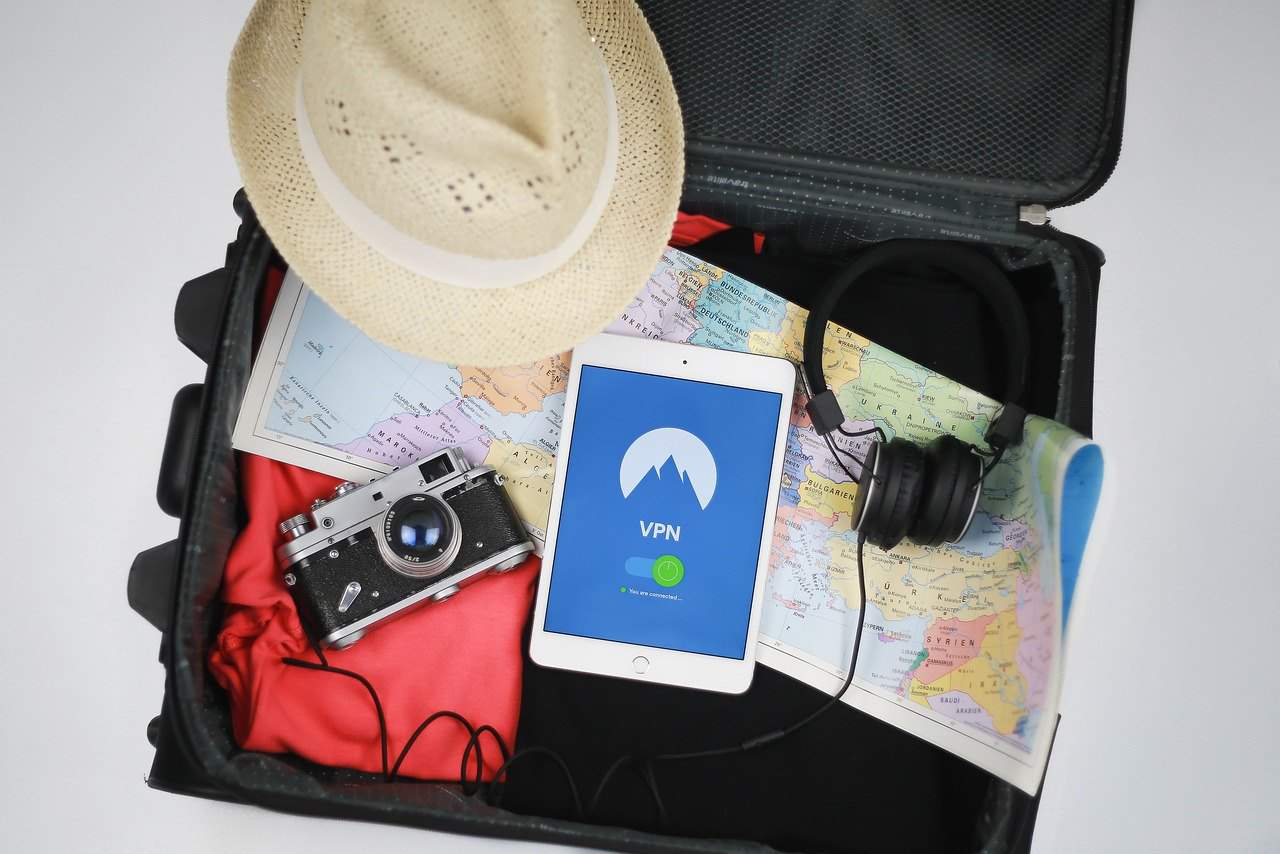Hackers use boarding passes that people post online to gain valuable personal information.
4
There are a lot of security issues to consider before going on holiday, but being hacked should not be one of them.
Yet a recent survey showed that almost 85 per cent of travellers are worried about being hacked while travelling. Cybersecurity experts from NordVPN say that the risks of being hacked increase drastically for those who share too much information about their trip online.
That’s obvious isn’t it, yet holiday makers in the throes of that holiday feeling can throw caution to the wind.
An “airport selfie,” or a photo of a traveller’s boarding pass and a passport, is a popular way to let social media followers know they are going abroad. However, a boarding pass contains personal information that can help hackers to ruin the holiday.
Adrianus Warmenhoven, a cybersecurity expert at NordVPN said:
“Even if only the barcode of your flight ticket is visible in the picture, hackers can scan it and find out such information as a traveller’s full name, reservation number, passenger name record, and sometimes even contact information.
“This data can later be used by the hacker to ruin a traveller’s vacation by cancelling their return flights, stealing money from their payment cards, or even stealing their identity.”
What can a hacker do with the information from your boarding pass?
After scanning the barcode, hackers can use the data to get into a passenger’s airline account, steal their mileage points, or change details for upcoming flights.
Even if you have not collected many mileage points a crafty hacker might call during your trip pretending to be an airline representative and ask for credit card details to confirm a return flight, for example.
Cybercriminals can also gather more information about their victim on social media and then try to call the airline, pretending to be you. Boarding pass information and other valuable details they may find online can help criminals trick even the most secure travel agency or airline company into sharing their customer’s information.
After collecting this huge amount of data about their victim, criminals can sell on this data on the dark web or even worse, steal the victim’s identity, enabling the hacker to commit fraud like opening credit card accounts or making unauthorized purchases.
Is there a safe way to share holiday photos online?
Here are some top tips:
- Posting photos or information advertises that you are away. Don’t let your followers know your home is empty at the moment.
- One of the most important pieces of information to know before you post anything online is who you’re sharing your information with. Make sure that your account settings are set to private and that your posts are visible to your friends only
- Remove personal details, such as your home address and telephone number, from your profile pages as they are easily accessible by anyone.
- Don’t make status updates sharing your location. And never post photos of your passport, plane tickets, or any other documents.
- If you must post online while abroad, then ensure your connection is secure. Cafes, shops, and even hotels offer unsecured Wi-Fi networks that are easily monitored.
- Hackers may position themselves as a Wi-Fi hotspot or use special software to steal data from unprotected networks.
One of the safest ways to use public Wi-Fi is by installing a VPN from companies such as Norton or NordVPN. Expect to pay around £8.00 per month. It sounds expensive but may be worth it in the long run.

